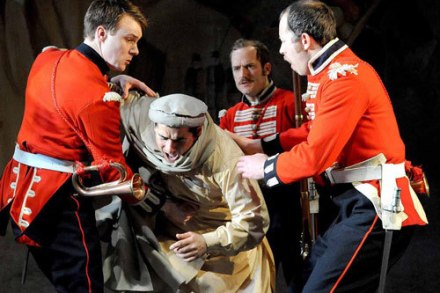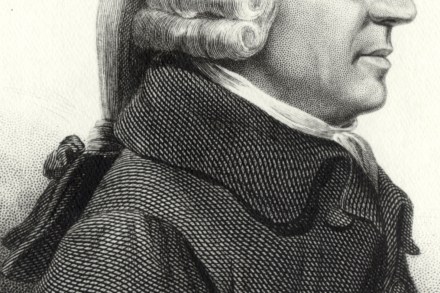Yes, Virginia, the World Gets Better
The year before I was born fewer than one in three countries in the world could be considered properly free. Today, according to Freedom House, nearly one in two can be classified as free. Despite the grinding stupidity and tedious witlessness that so often dominates our domestic politics we should remember that this is a great time to be alive. In fact there have been few better eras in human history. This is a big claim but it’s justified given the expansion of liberty and opportunity across the planet these past 30 years. Of course there are exceptions and there remain many black holes of misery but the overall trend












